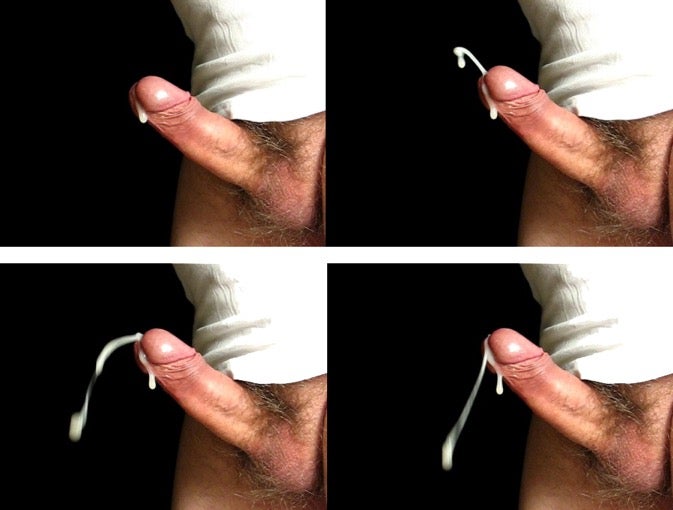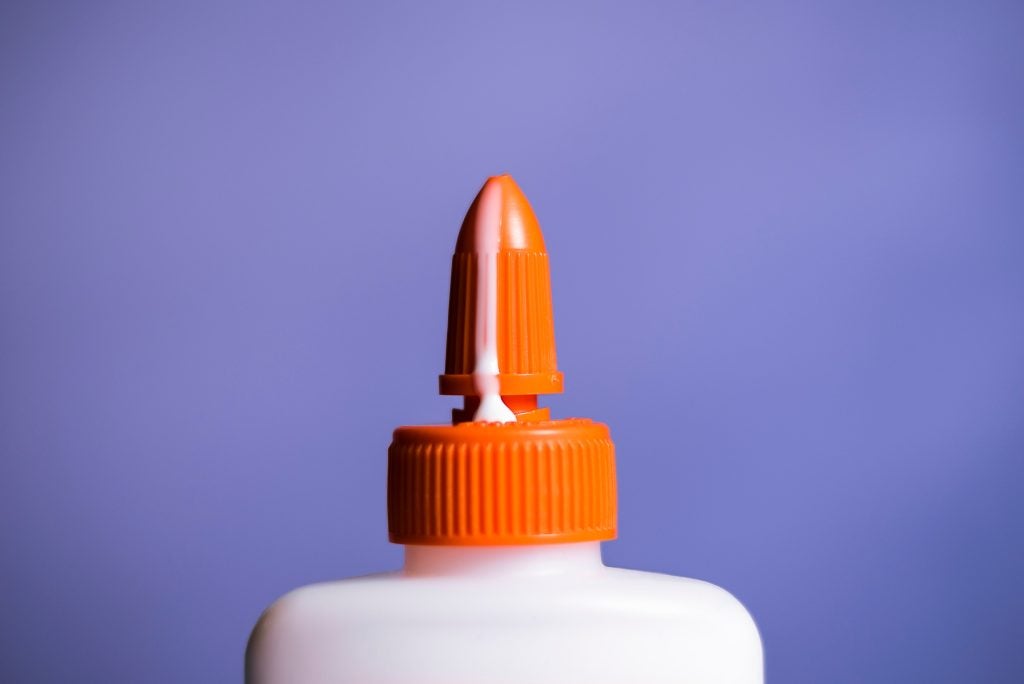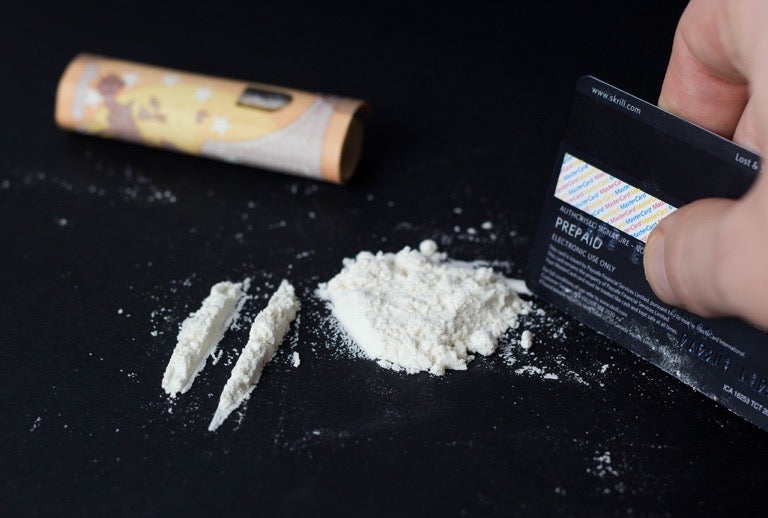
Ejaculation is the discharge of semen during a male orgasm. While other reasons for ejaculation may occur, it usually occurs in the final stage of orgasm for a male. Ejaculation generally occurs in spurts directly after the male feels the initial sensation of an orgasm. Once the male has ejaculated, the head of the penis will often become incredibly sensitive, and they will enter a refractory period. The refractory period is the time in which a male loses sexual desire and the ability to achieve or maintain an erection. While females are able to orgasm multiple times, this is generally not the case for males. From a biological standpoint, the goal of sex for a male is to impregnate a female, so once ejaculation has occurred and semen has been expelled, the penis will return to a flaccid state. In younger males, this refractory period can last as little as 15 minutes, and in older males, this period can take 10 to 20 hours. On average, a male cannot obtain another erection for about 30 minutes.1
Table of Contents
The Ejaculation Process
When a male becomes aroused, signals caused by hormones and neurotransmitters will cause him to get an erection. After this, he enters what is called a plateau phase. This is when the penis maintains an erection regardless of whether or not the male has sex. Muscles tense up and the spongy tissue in the penis is engorged with blood. The duration of this plateau phase is highly variable for all males, regardless of whether or not they are having sex with said erection. This plateau phase is also the period the male experiences while having sex before orgasm.
The average male heartbeat is between 150 and 175 beats per minute, compared to the resting rate of 60 to 120 beats per minute during intercourse, and a signal is sent from the brain which prepares the penis for orgasm. A clear fluid, usually referred to as “pre-cum” is expelled before orgasm to change the pH balance in the urethra. By making the urethra less acidic from urine, the sperm has a much higher chance of surviving the passage into the vaginal canal. There is a time right before orgasm occurs (generally about three to five seconds), where the male knows that an orgasm is coming and cannot stop it. Once the orgasm arrives, the penis expels semen in multiple waves as the penis has several muscle contractions. Half of the erection is lost immediately. Over a short period of time, the rest of the erection subsides. While the penis reduces to its flaccid state, leftover semen will come out due to the urethra returning to normal size. This is why it is best to not re-insert the penis into the vagina without protection.1
Premature Ejaculation

Premature ejaculation is extremely common, and the most common ejaculation concern among men. One out of three males will admit to having this problem at one point in their life.2 Premature ejaculation is defined as the inability to maintain the plateau phase for longer than one minute before ejaculating.2 For many males, premature ejaculation may take place after only seconds of intercourse. There are two types of premature ejaculation. There is the primary condition, in which a person has had this issue throughout their entire sexual life and in almost all instances. There is also the secondary condition, meaning that this has not always been a problem, but something has recently happened to cause it.2 There are many factors that can be attributed to premature ejaculation. An inexperienced younger person may not know how to maintain the plateau phase during intercourse. This is something that can be learned with practice over time, and something that most younger males deal with. The other most common reason is stress and anxiety. The more a male worries about ejaculating too quickly, the more likely the stress will cause him to ejaculate before his desired time. Talking with a doctor or a trusted partner can help reduce this anxiety.
If there is a trusted partner involved, decrease the chances of premature ejaculation by using a condom to reduce sensation (although only use one condom, as the friction of two will break them). Once the condom is on, a male can insert his penis into the vagina. As his penis becomes accustomed to the sensation, he can start moving in and out very slow. As soon as he feels the sensation that an orgasm may be on its way, he stops. Once the feeling has passed he will start again slowly. This process will teach him how to become accustomed to intercourse without immediate ejaculation. Premature Ejaculation is not a serious problem, and it is easily treatable in most males.3
Common Concerns About Ejaculation
There are several concerns and myths regarding ejaculation that have very little truth to them. Every male is different, and all ejaculate is different. There will always be a difference in consistency, amount, and taste. Some males worry that their semen is too viscous (thick) or too watery. More often than not, it is concern about the first issue. Thick semen is nothing to worry about. In fact, thicker semen is biologically advantageous because it is able to stay in the vagina longer, making pregnancy more likely. There is nothing wrong with semen that is thinner, it is just to reassure those with thicker semen that it is nothing to be concerned about.

Many people believe that what a man eats will affect the flavor of his semen. A common misconception is that if a male drinks pineapple juice, his semen will taste sweeter. This is not true, and all the incidents of sweeter semen taste are purely anecdotal. Every male has semen that tastes unique to them. Semen is very high in protein, and because we break down proteins and expel them after eating, there will be some residue of his diet in his semen. However, there is no evidence to suggest that this would affect the taste.4
Lastly, there is the myth that if a male drinks caffeine, smokes, or does drugs, the substance will be passed through the semen to the partner who may ingest it. This claim has no scientific basis. While drugs can be detected in sperm, it is in such a microscopic amount that even a heavy user of a substance cannot produce sperm that will affect their partner.
Concluding Remarks
Oftentimes, ejaculation is the desired ending to a sexual encounter for a male. When a male has an erection, his testicles swell and become heavier. If he does not ejaculate, this build-up of pressure in the testicles can be very painful (this is commonly referred to as “blue-balls”). This pain will go away over time, or if the man ejaculates; it is not serious.
While semen is very unique to each individual, the process of ejaculation is pretty similar among males (the arousal, plateau, and orgasm process), including those that have premature ejaculation concerns. If you notice any type of pain, odd coloration, or have ejaculation during times of the day that you are not aroused, it is important that you see a doctor, as these symptoms can be an indication of a sexually transmitted infection or a more serious issue.
Lastly, please be courteous before you ejaculate with a partner. If they are performing oral sex, it is very rude to not tell them that you are about to ejaculate. We recommend always using some form of protection during sex, but if you are using the withdrawal (or “pull-out”) method, please retract from your partner in the window of time that your body is telling you that an orgasm is about to happen to reduce the chances of an unwanted pregnancy. Males are not the only ones who are able to ejaculate. If you are interested in learning about the process of female ejaculation, please feel free to explore our article regarding how the sexual response cycle affects the opposite sex.
References
- Alkon, Cheryl. “Male Orgasm: Understanding the Male Climax.” Everyday Health, Everyday Health, 27 Mar. 2018.
- “Premature Ejaculation.” Mayo Clinic, Mayo Foundation for Medical Education and Research, 21 July 2017.
- Silverberg, Cory. “Learn to Control Premature Ejaculation.” LiveAbout, LiveAbout, Mar. 2016
- “Science & Nature – The Semen Taste Test.” BBC. BBC, n.d. Web. 15 May 2018.
Last Updated: 29 May 2018.
